What to expect from Xi-Putin meeting in Russia
Much attention is on Chinese President Xi Jinping's visit to Russia, with speculation on whether China will drop its neutral stance on the Ukraine war, or stick to strengthening the fundamentals of their bilateral relationship. Zaobao correspondent Yu Zeyuan gives his analysis.
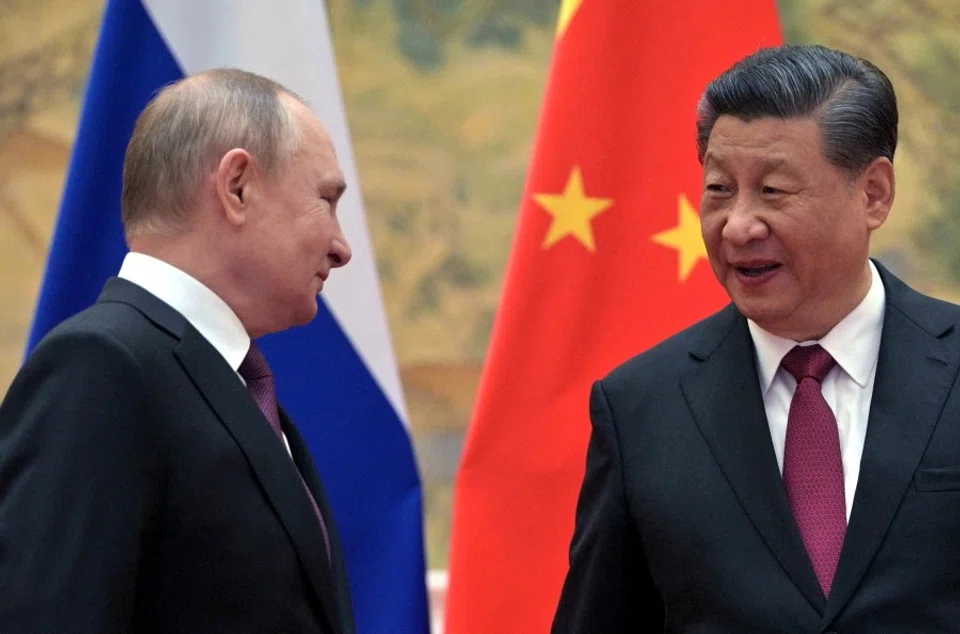
Chinese President Xi Jinping is on a state visit to Russia from 20 to 22 March, the first overseas visit for Xi after being returned to office for a third term earlier this month, and his ninth visit to Russia as Chinese president.
The West is more interested in whether China will break the "neutrality" it has maintained since the war in Ukraine began and provide material military aid to Russia. US Secretary of State Antony Blinken said last month that China is considering doing so, and warned of serious consequences if so.
CNN reported last month that Chinese state-owned defence firms have been sending parts for the production and maintenance of military-grade helicopters and missiles to Russia. On 16 March, Politico reported that data from customs data aggregator Import Genius confirmed for the first time that China has sent rifles and body armour to Russia, and that drones and drone parts are still being sent to Russia.
Showing strong support while upholding 'neutral' image
China has always portrayed itself as "neutral" in the Ukraine war, hoping to be the peacemaker. It denies providing Russia with military aid even as it holds firm to maintaining and growing relations with Russia, emphasising that it will not accept any third party interfering with China-Russia relations.
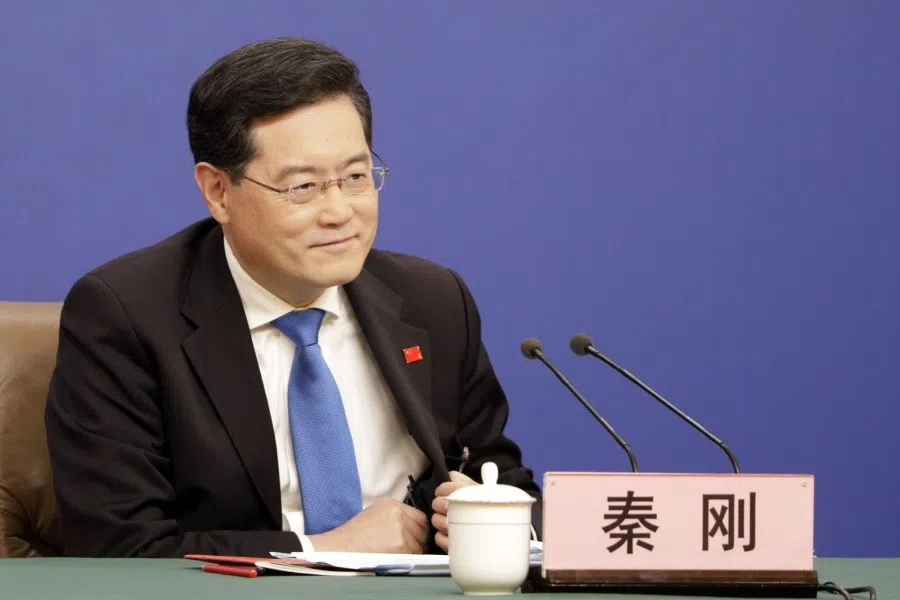
Chinese Foreign Minister Qin Gang said at a press conference this month: "Some countries who are inclined to view China-Russia relations through the lens of Cold War alliances, see nothing but their own image." He also said that China-Russia relations were based on "no-alliance and no-confrontation, and it is not targeted at any third party". He further said, "It is not a threat to any country, nor is it subject to any interference or discord sown by any third party. With China and Russia working together, the world will have a driving force toward multipolarity and greater democracy in international relations, and global strategic balance and stability will be better ensured. The more unstable the world becomes, the more imperative it is for China and Russia to steadily advance their relations."
But China will not provide military aid to Russia because of Xi's visit, nor will it openly stand on Russia's side in the Ukraine war, to avoid giving the US more excuses to unite with Western countries...
Following its invasion of Ukraine, Russia has been mired in war and Western sanctions, and is diplomatically isolated as never before. Xi's visit to Moscow at this time is essentially a show of strong support.
But China will not provide military aid to Russia because of Xi's visit, nor will it openly stand on Russia's side in the Ukraine war, to avoid giving the US more excuses to unite with Western countries to contain China and spoil China's self-styled "neutral" image. On the contrary, during his trip Xi will continue to express China's peacemaking stand, in the hope that Russia and Ukraine will accept the 12-point political resolution to the Ukraine crisis that China proposed last month.
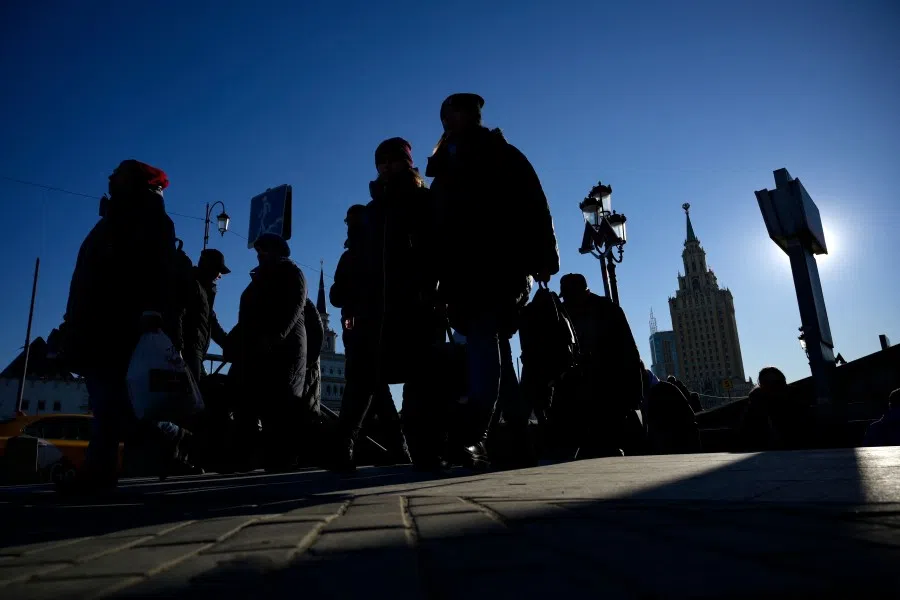
Currently, it is not likely that either Russia or Ukraine would accept China's political resolution, but that would not have much of an impact on Xi's objectives in visiting Russia.
Practical benefits
The main goal of Xi's visit to Russia is to bring their "comprehensive strategic partnership of coordination for a new era" to a new level, to further expand bilateral economic and trade cooperation, and to show to the world that China is an independent and autonomous power, that is, that China-Russia relations are not affected by the Russia-Ukraine war or coercion by the US and the West.
Russian officials said that both sides will sign a joint statement on deepening the China-Russia comprehensive strategic partnership and a statement on key development approaches in China-Russia economic cooperation until 2030.
The second statement implies that China-Russia relations will stay on the current track at least until 2030.
Both agreements are not just empty talk. The first indicates that China and Russia will continue to support each other in strategically resisting Western suppression, while the second brings real benefits to their economies.
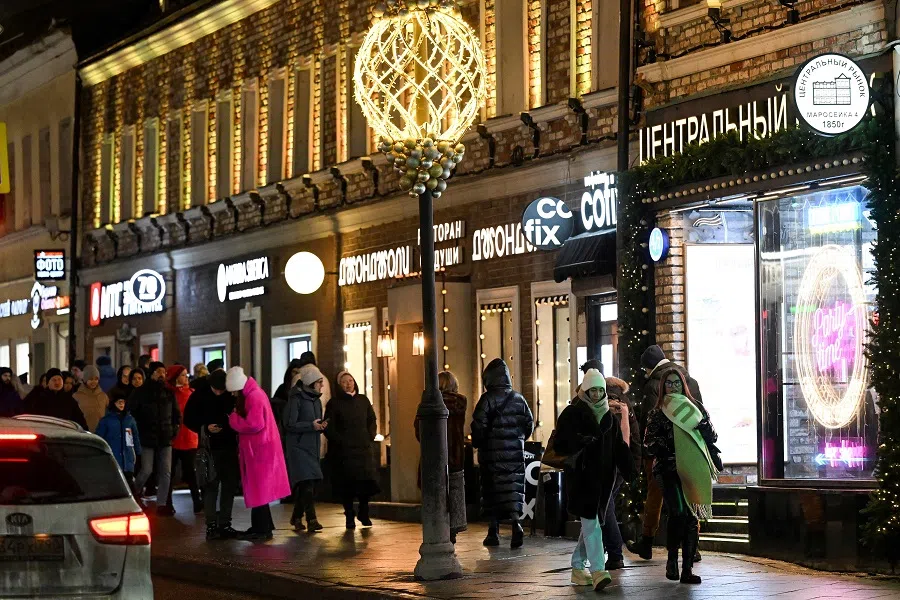
The second statement implies that China-Russia relations will stay on the current track at least until 2030. Based on the domestic politics of both countries, it is likely that their top leaders will remain unchanged until 2030. In the next decade, it is almost unquestioned that Xi will continue as China's president. And while Russia will hold presidential elections next year, barring upsets, Putin will likely run for re-election and win another six-year term, which will see him in power until 2030.
As for the key development approaches in China-Russia economic cooperation, energy, agriculture, electromechanics and telecommunications will definitely be included. As Western investments recede from Russia, there will likely be an influx of Chinese capital and technologies. At the same time, China and Russia could increase their development of cities and ports in the Russia Far East, which would aid Russia's pivot to the East and China's revitalisation of its northeastern regions.
Shoring up energy and economic security
Over the past decade, bilateral trade between China and Russia has risen from less than US$90 billion in 2013 to over US$190 billion in 2022, and is expected to exceed US$200 billion this year.
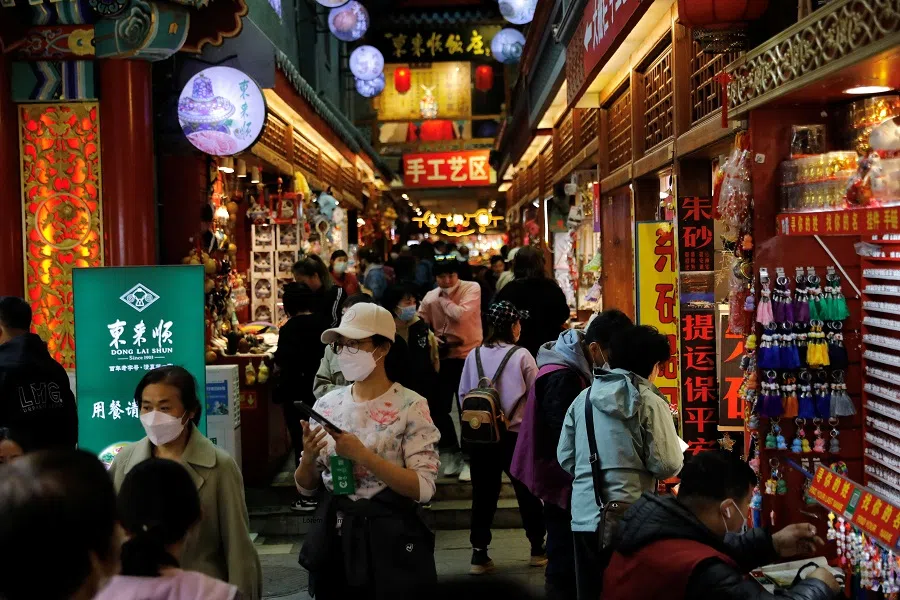
Chinese ambassador to Russia Zhang Hanhui told Chinese media last week that bilateral trade between China and Russia sustained strong growth momentum in the first two months of 2023, reaching US$33.69 billion, or a year-on-year increase of 25.9%, which was a "good start". He added, "It once again highlights the solid foundation of China-Russian economic and trade cooperation."
Zhang further said that Xi's visit to Russia was a "milestone" for China-Russia relations in the new era, which would "inject a strong impetus into bilateral relations".
Amid the seemingly endless Russia-Ukraine war, China will certainly face mounting pressure from the West by strengthening its relations with Russia. But for China, China-Russia relations are extremely important both in terms of security strategy and economic interests. This is also the main reason why Xi chose to visit Russia first after securing a third term in office.
This article was first published in Lianhe Zaobao as "习近平访问俄罗斯的看点".



![[Big read] When the Arctic opens, what happens to Singapore?](https://cassette.sphdigital.com.sg/image/thinkchina/da65edebca34645c711c55e83e9877109b3c53847ebb1305573974651df1d13a)
![[Video] George Yeo: America’s deep pain — and why China won’t colonise](https://cassette.sphdigital.com.sg/image/thinkchina/15083e45d96c12390bdea6af2daf19fd9fcd875aa44a0f92796f34e3dad561cc)
